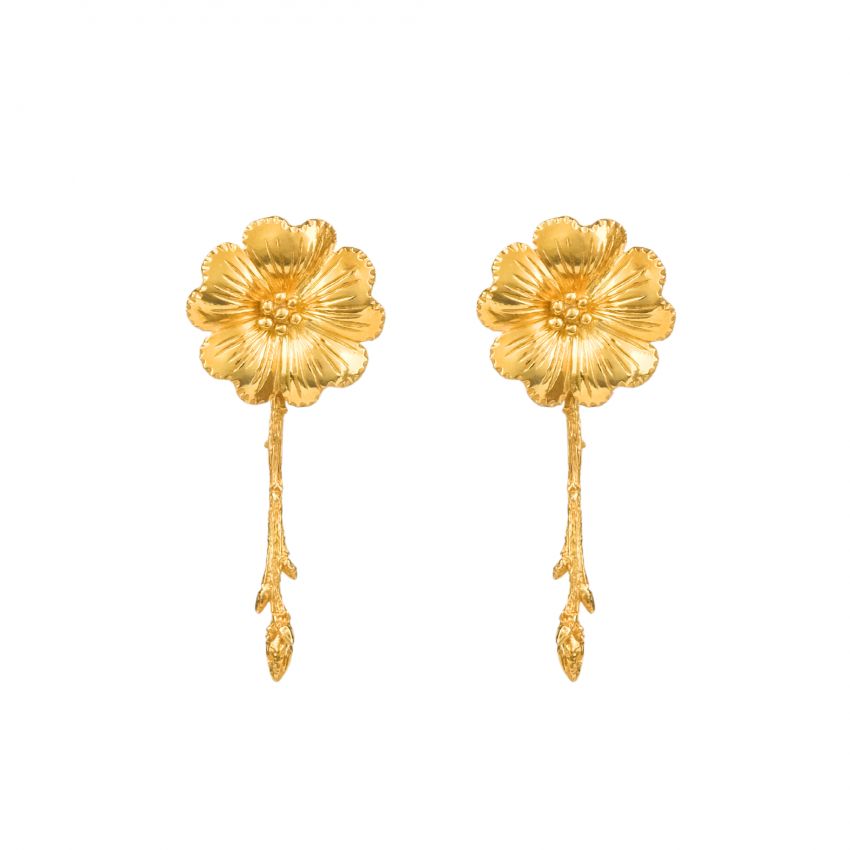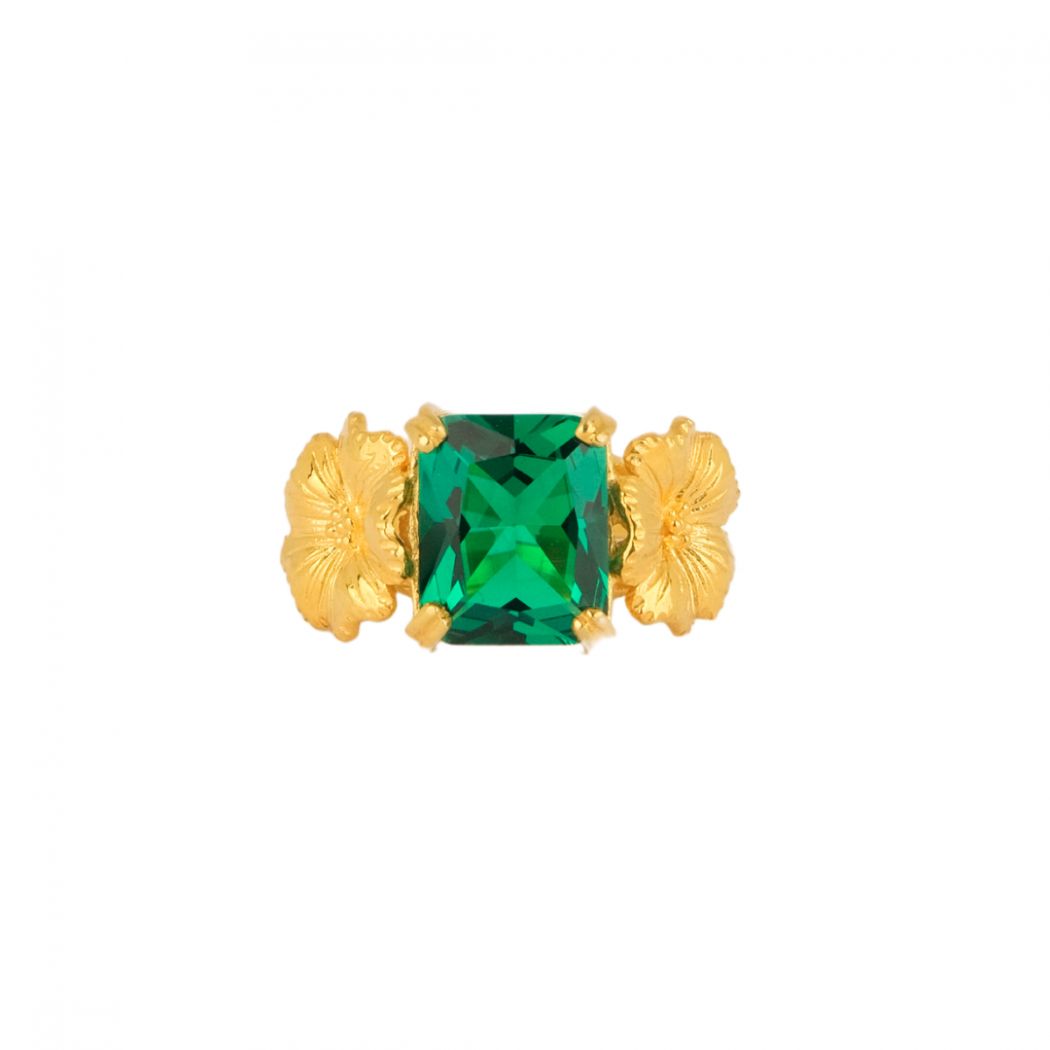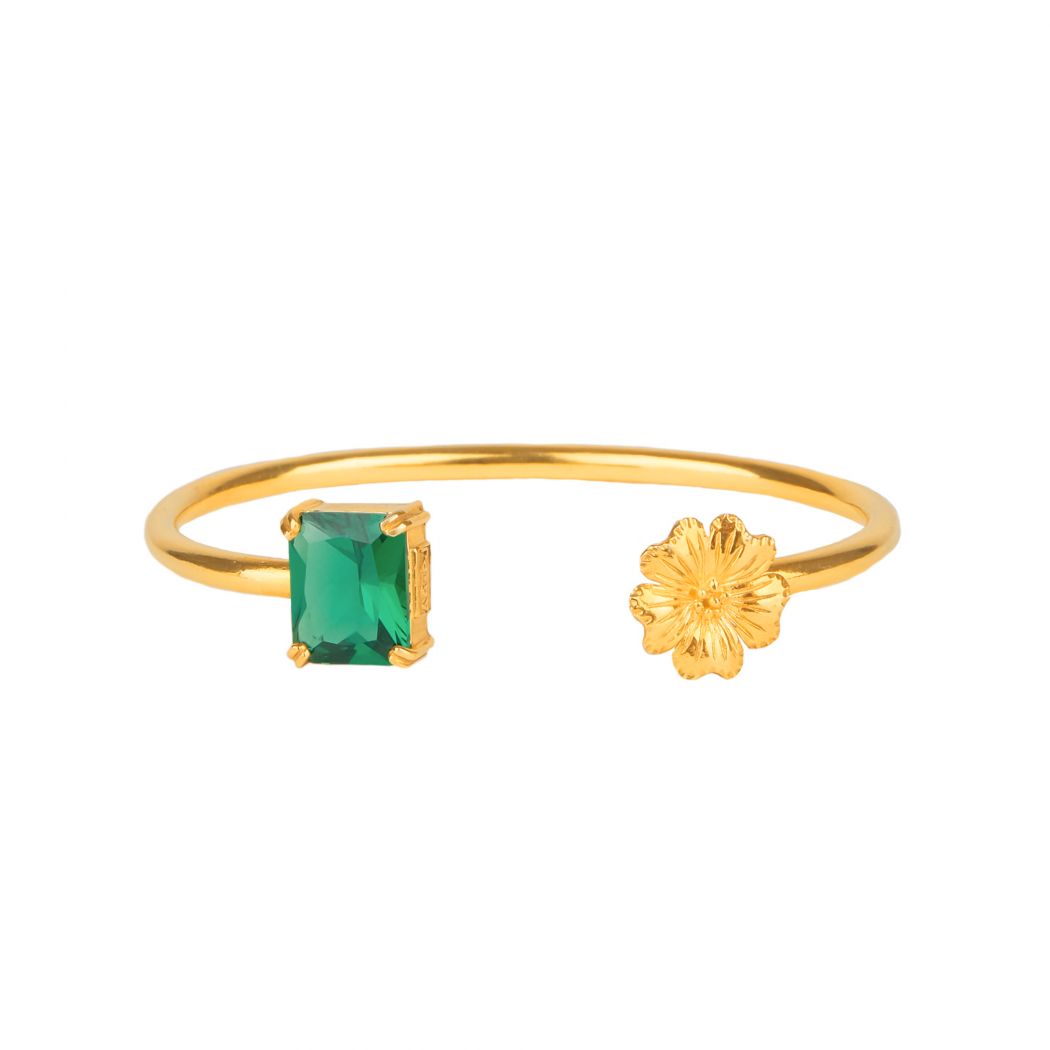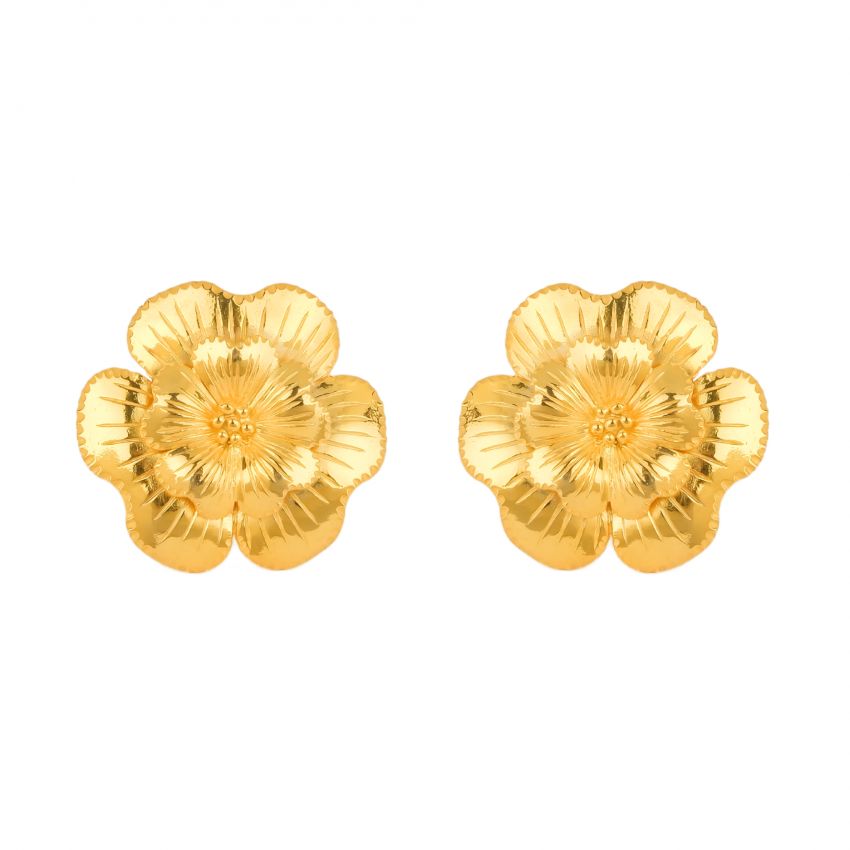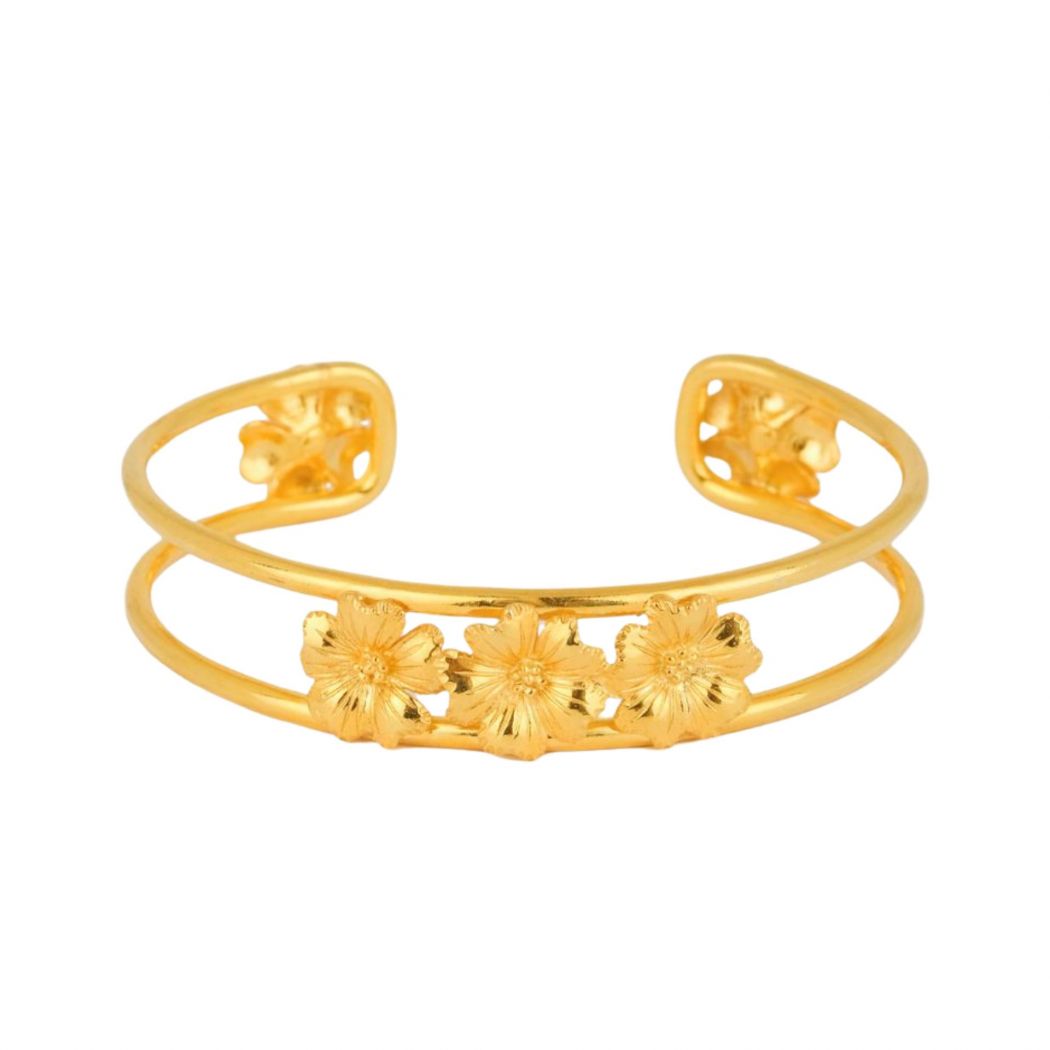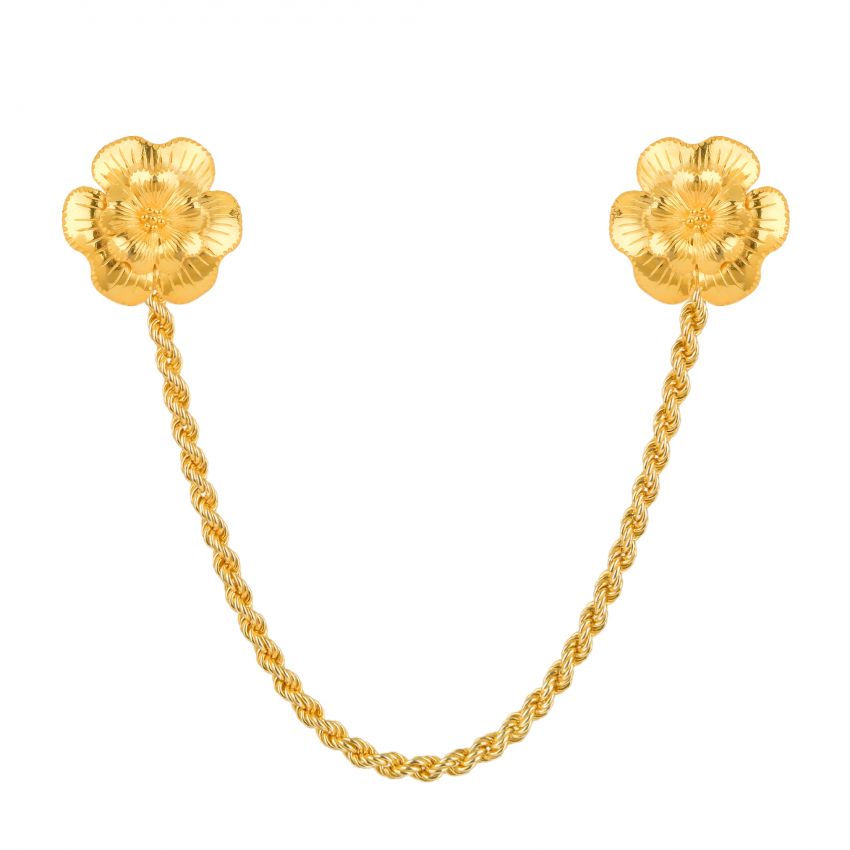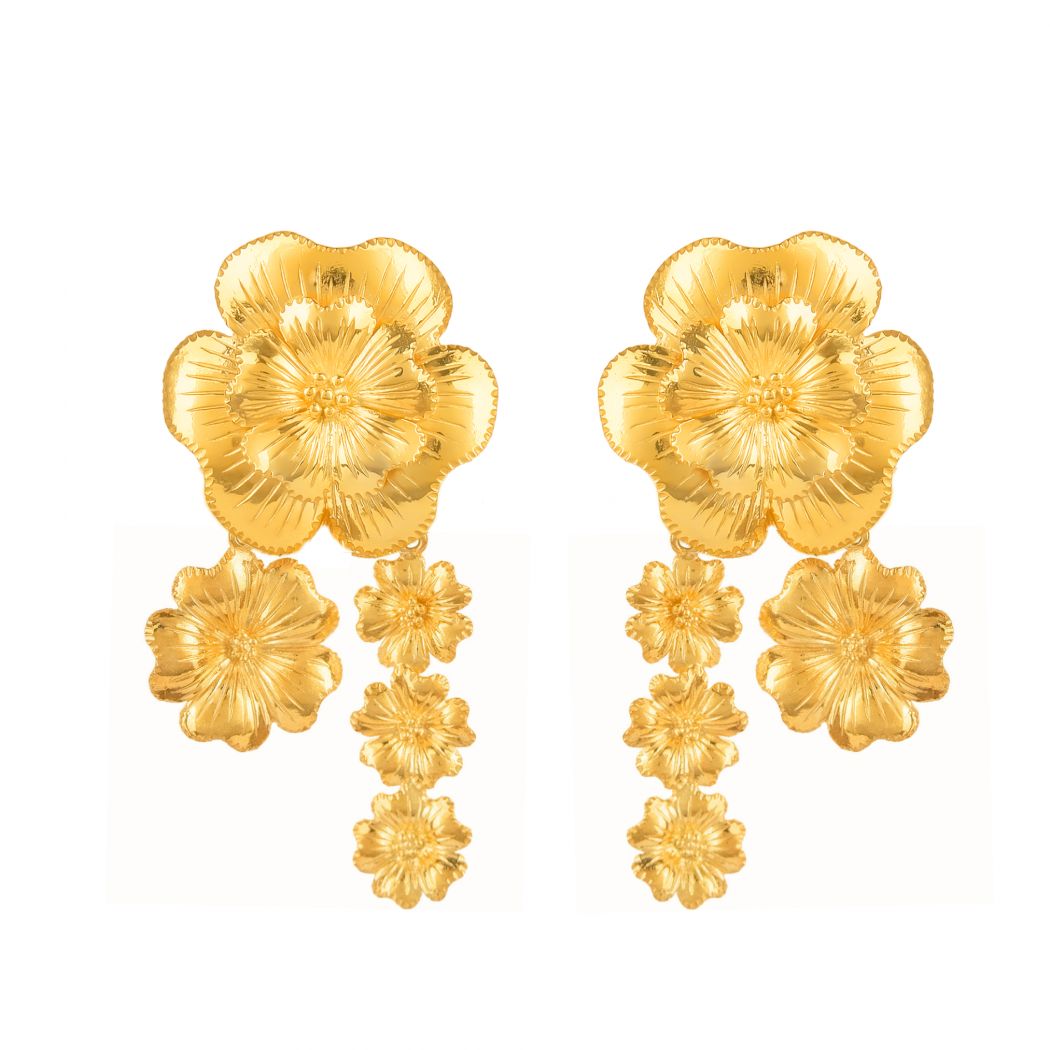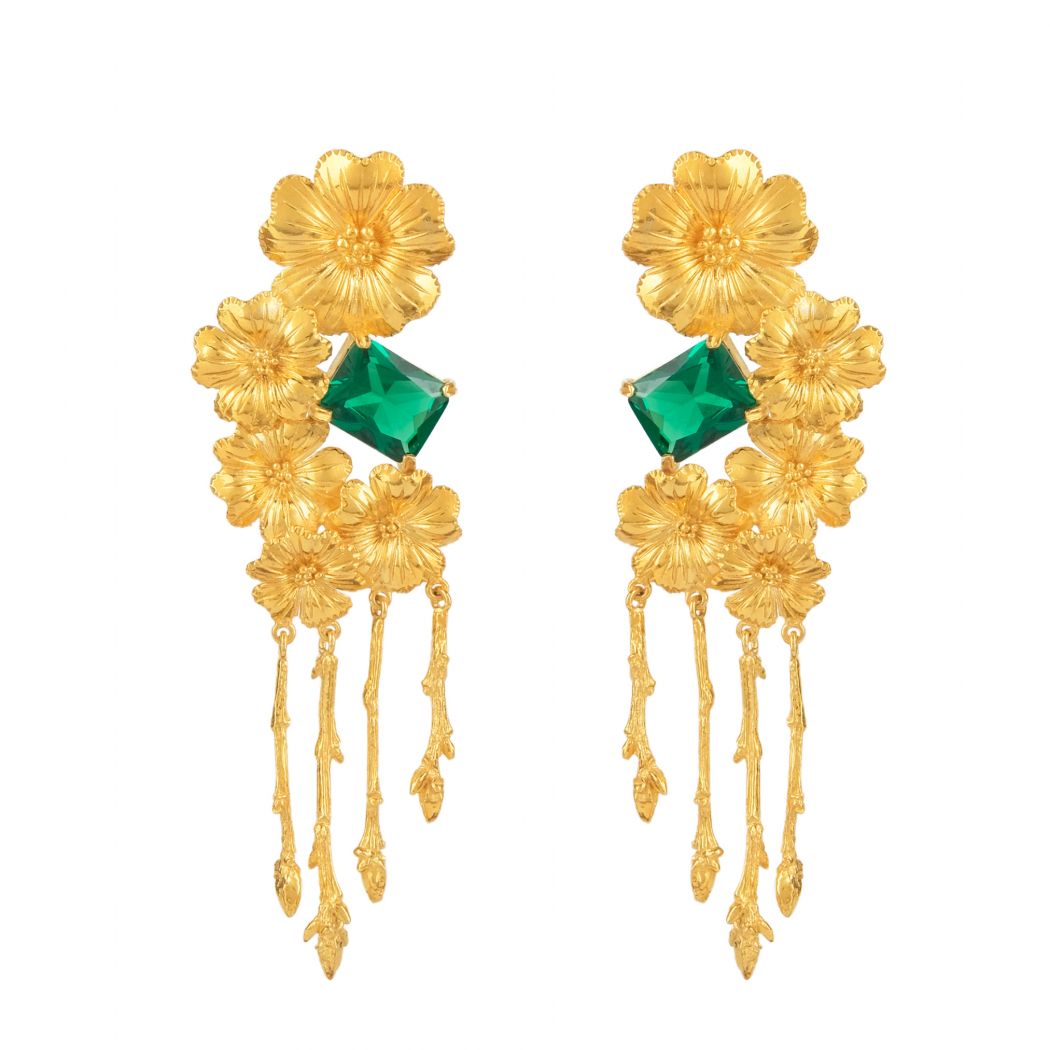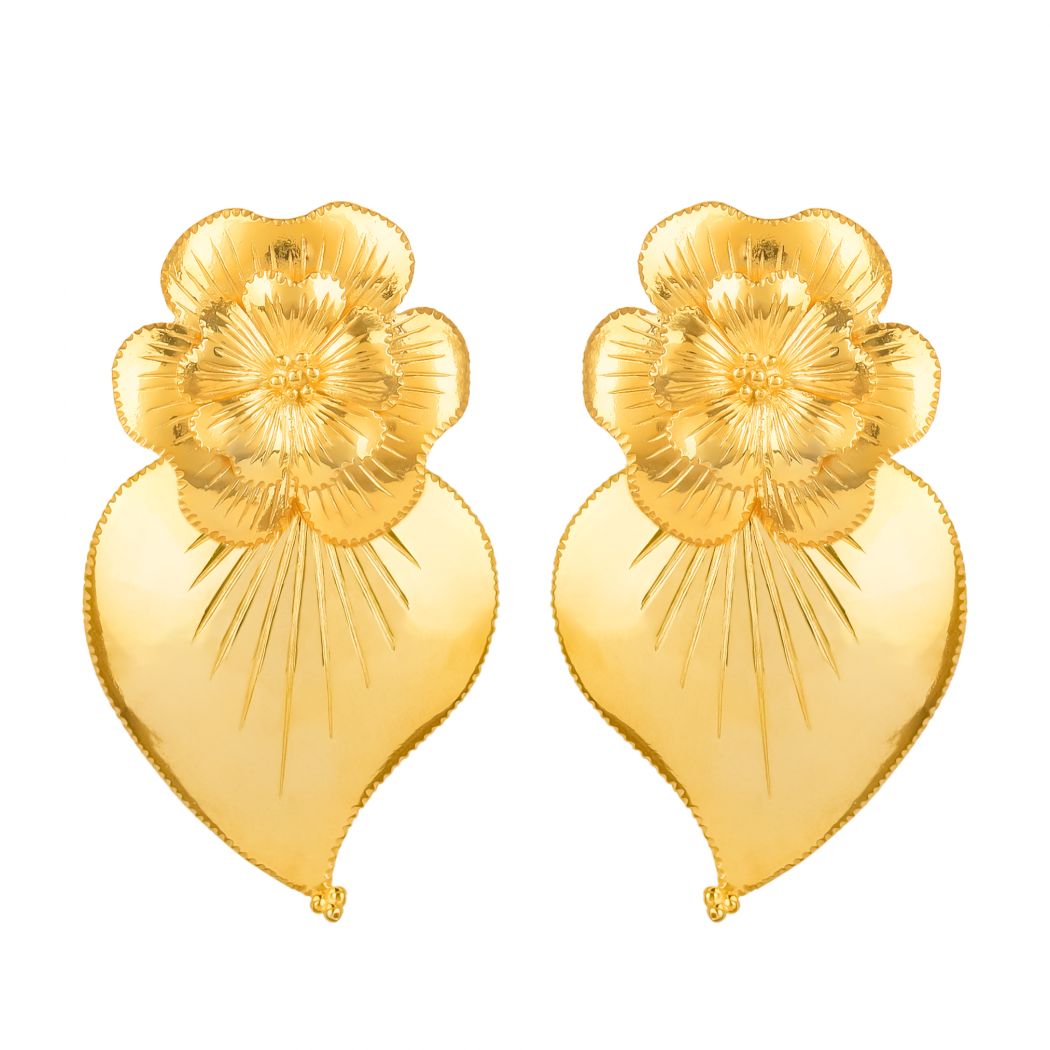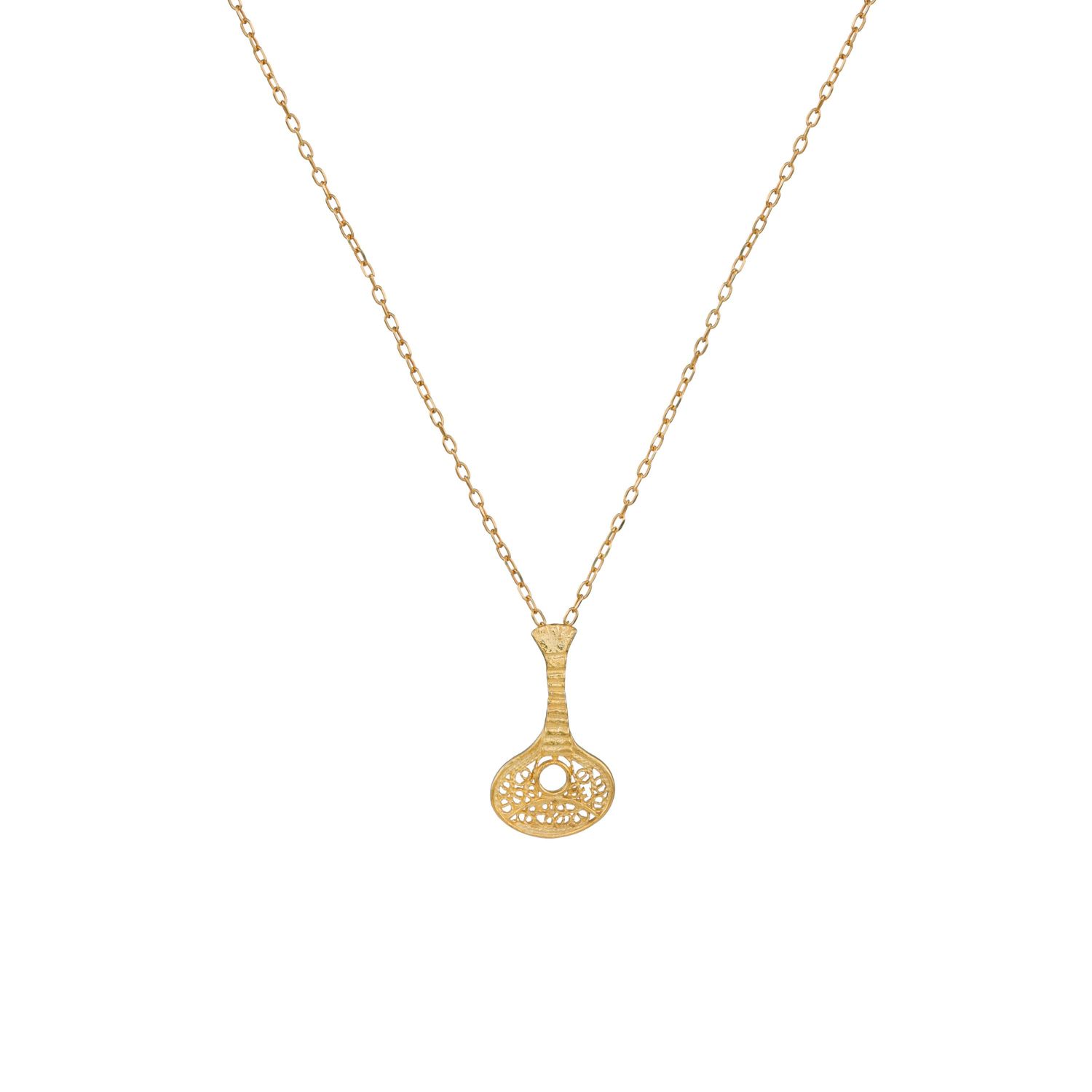- No products
Portuguese Guitar:
The Heart of Portuguese Fado
The Portuguese guitar is much more than a simple musical instrument. It is the soul of Portuguese fado, an artistic expression deeply rooted in the culture and history of Portugal. We will therefore explore the history, tradition, and importance of the Portuguese guitar, as well as the different styles and variations found throughout the country: Lisbon, Oporto and Coimbra.

History of the Portuguese Guitar
The history of the Portuguese guitar dates back to the 19th century when it began to gain popularity on the streets of Lisbon and other cities in Portugal. Originally known as the "fado guitar" or "Lisbon guitar", this plucked string instrument quickly became inseparable from fado, Portugal's national musical genre.
Cultural Importance of the Portuguese Guitar
The Portuguese guitar plays a crucial role in transmitting the emotions and feelings of fado. With its emotional and melancholic notes, this instrument has the power to evoke memories and tell stories of love, longing, and melancholy, essential elements of Portuguese fado.
Portuguese Guitar Styles and Variations
There are several variations of the Portuguese guitar, each with distinct characteristics that reflect the musical traditions of different regions of Portugal. For example, the "Coimbra guitar" is a unique variation, with a larger body and a deeper sound, often used in the interpretation of academic fados, associated with the student tradition of the city of Coimbra.
Portuguese Guitar from Lisbon and Porto: Two Distinct Traditions
Although the Portuguese guitar is a unifying symbol of Portugal, the Portuguese guitar musical traditions of Lisbon and Porto have their distinct characteristics.


Lisbon Portuguese Guitar: Vibrant and Expressive
The Portuguese guitar from Lisbon is known for its more vibrant and expressive sound. It is in this city that you will find one of the largest concentrations of fado singers and fado lovers, being considered the beating heart of this musical genre.
Porto Portuguese Guitar: Smooth and Melodic
On the other hand, Porto's guitar tends to be softer and more melodic. In this historic city, the tradition of fado merges with local culture, creating a unique and engaging environment for lovers of Portuguese music.
Coimbra Guitar: The Voice of Academic Tradition
The Coimbra guitar is a symbol of the rich academic tradition of this historic city. Mainly used in the interpretation of academic fados, this instrument has a distinct and melodic sound that echoes through the narrow streets and picturesque alleys of Coimbra, evoking the nostalgia and spirit of student youth.
Portuguese Guitarists and Fado Artists
Over the years, many talented guitarists have emerged in Portugal, further elevating the reputation of the Portuguese guitar internationally. From Lisbon to Porto, from Coimbra to Alentejo, Portuguese guitar virtuosos enchant audiences with their mastery and sensitivity, thus perpetuating the tradition of Portuguese fado. Carlos Paredes and Custódio Castelo stand out as two of the most important Portuguese fado guitarists, whose contributions revolutionized the genre and elevated the Portuguese guitar to a status of international recognition.
While Carlos Paredes is revered for his innovative genius and lasting influence, Custódio Castelo is acclaimed for his technical mastery and ability to convey emotion through the instrument's strings. Furthermore, it is impossible to mention Portuguese fado without mentioning the name of Amália Rodrigues, the "Queen of Fado", whose unique voice and exciting interpretations have left an eternal legacy in the world of music. Likewise, contemporary artists like Ana Moura continue to take fado to new heights, captivating audiences with her powerful voice and innovative approach. These are just a few prominent figures who have shaped and continue to enrich the rich tapestry of Portuguese fado.
Fado in Cinema:
The recent participation of fado singer Carminho in the film "Poor Things", singing fado with Portuguese guitar, demonstrates the vitality and global reach of the genre. Her moving performance contributes to the dissemination of fado to an even wider audience.
Mold and Construction of the Portuguese Guitar
Building a Portuguese guitar is a meticulous process involving artisanal skills and specialized knowledge. Master luthiers dedicate months, even years, to shaping, sculpting, and tuning every detail of the instrument, using noble woods and traditional techniques that have been passed down from generation to generation.


The symbolism of Portuguese Guitar and Fado
Despite changes in the music world and the evolution of public tastes, the Portuguese guitar remains a symbol of cultural identity and a national treasure of Portugal. With the emergence of new talents and continuous innovation in the music field, the Portuguese guitar's future looks promising and full of possibilities.
Portuguese Viola: Another Fado Instrument
In addition to the Portuguese guitar, the Portuguese viola also plays an important role in traditional Portuguese music. With a softer and more melodic sound, the viola perfectly complements the Portuguese guitar, creating rich and exciting harmonies that characterize Portuguese fado.
Fado Instruments: More than Music, a Tradition
In addition to the Portuguese guitar and the Portuguese viola, fado is often accompanied by other traditional instruments, such as the classical guitar, acoustic bass, and mandolin. These instruments complement each other, creating a rich sound tapestry that brings to life the emotional lyrics and captivating melodies of Portuguese fado.
Traditional Portuguese Jewelry: Inspired by Fado and the Portuguese Guitar
Although the Portuguese guitar is a unifying symbol of Portugal, the Portuguese guitar musical traditions of Lisbon and Porto have their own distinct characteristics. Furthermore, these traditions also inspired the creation of traditional Portuguese jewelry, such as those from the Portugal Jewels brand.
Portugal Jewels, recognized for its artisanal jewelry and Portuguese tradition, has a collection inspired by the artist Ana Moura, which reflects the essence and emotion of Portuguese fado. Furthermore, the brand recently launched a collection dedicated to the Queen of Fado: Amália x Portugal Jewels. In addition, the brand also produced a silver Portuguese guitar necklace, which is a tribute to the instrument that accompanies the melodies and deep lyrics of fado.




